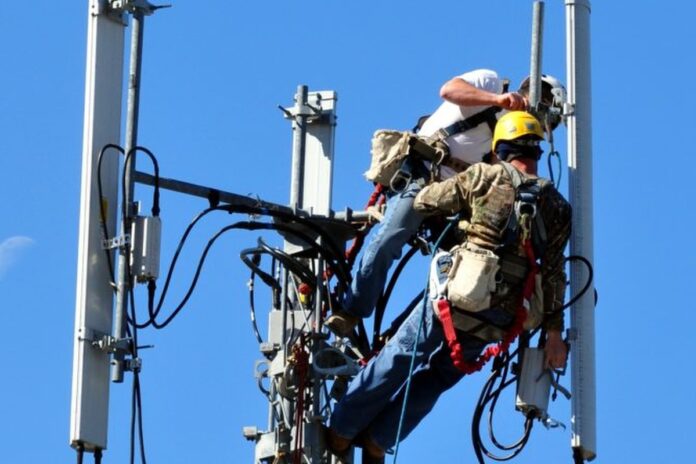The announcement follows Nokia winning the contract to replace the rest last month and marks the end of an era.
When BT chose Huawei as one of its main suppliers for its twenty-first century network back in 2005, it heralded the Chinese company’s entry into the European market as a serious player.
Now BT, owner of EE, has awarded the second contract to replace Huawei equipment in mobile network to Ericsson. It awarded the rest to Nokia at the end of September.
The UK government took the decision to ban Huawei kit in critical parts of the 5G network and gave operators seven years to replace equipment in place already in older generations of infrastructure.
Huawei didn’t do enough
There was considerable pressure from the Trump Administration to take this course of action as it steps up its trade war with China. Huawei is in the eye of that storm, accused of industrial espionage, busting international trading sanctions and being an instrument of the Chinese state.
At the end of September, the government-led board which includes officials from Britain’s GCHQ signals intelligence agency, said Huawei had made little progress in fixing ongoing problems with its engineering and security practices, flagged by the authorities in 2019.
Under extreme price pressure from Huawei, there has been massive consolidation in the network equipment industry with only Ericsson and Nokia of the old guard still standing. The duo are stepping into Huawei’s shoes all over the continent.
Then there were two
Ericsson will replace infrastructure focus will be on the UK’s biggest cities, where it will be responsible for the 5G RAN as well as swapping out Huawei in the legacy networks.
It also has a contract with BT for part of the 5G core network.
Ericsson and more especially Nokia have engaged with the Open RAN movement, but the full promise of Open RAN is still some years away for most.
With Huawei largely out of the picture in Europe, there are clear dangers of a supplier duopoly given that many operators who cannot afford the time, resources or money to experiment with disaggregated RANs.



